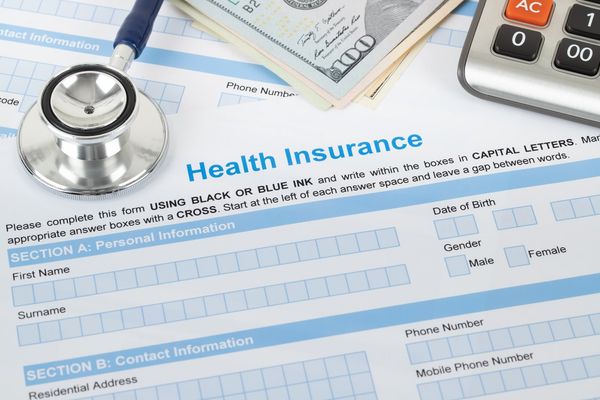

Kristen Mucci-Mosier
Kristen Mucci-Mosier helps couples and individuals become more present in their bodies and relationships.
Full BioLearn about our editorial policies
Medically Reviewed
Change is scary, especially when the parameters around it are unknown and rather confusing. Health care reform is one of those unnerving changes. The bill will extend insurance coverage to 32 million additional Americans by 2019, but it will certainly affect us all. The question is: how?
Highlights:
The new bill will place more stringent guidelines on health care companies. For example, the plans will have to stop setting lifetime limits on coverage, canceling policies when people get sick and denying people coverage for preexisting conditions (the last will take place in 2014). Another major change is that children and young adults can be covered under their parents until the age of 26.
If you can’t afford health care, depending on your income, you might be eligible for Medicaid, the state-federal program for the poor and disabled, which will be expanded with the bill. If your income is over the Medicaid limit, but you are still struggling, you may be able to receive government subsidies to help you pay for private insurance from the new state-based insurance marketplaces, called exchanges, slated to begin operation in 2014.
If you already have coverage, you can keep your plan or buy coverage through these marketplaces.
Beginning this year, Medicare will offer annual checkups and preventive screenings (colon, prostate and breast) free to beneficiaries. Medicaid will also offer additional preventive services without cost to children and adults.
Common Concerns:
Families that make over $250,000 will pay more in Medicare payroll taxes starting in 2018. Their unearned income, now exempt from the payroll tax, would also be subject to a 3.8 percent levy, according to The New York Times.
Most Americans will be required to buy health insurance by 2014 or pay a penalty. The penalty will start at $95 or 1 percent of income in 2014, whichever is higher, rising to $695 or 2.5 percent of income in 2016. However, families would not pay more than $2,085. Some people would be exempt from the requirement because of financial hardship or religious or cultural beliefs.
Flexible spending accounts, which allow users to put aside untaxed dollars for medical expenses, will be limited to $2,500 and will no longer be usable for over-the-counter medicines (beginning in 2013).
These are just some ways in which the bill might affect you. For a much more comprehensive list and answers to your most pressing questions, visit:
The New York Times: “How the Health Care Overhaul Could Affect You”
CNN: "Timeline: When health care reform will affect you"
Find more resourceshere.
You might be interested in



